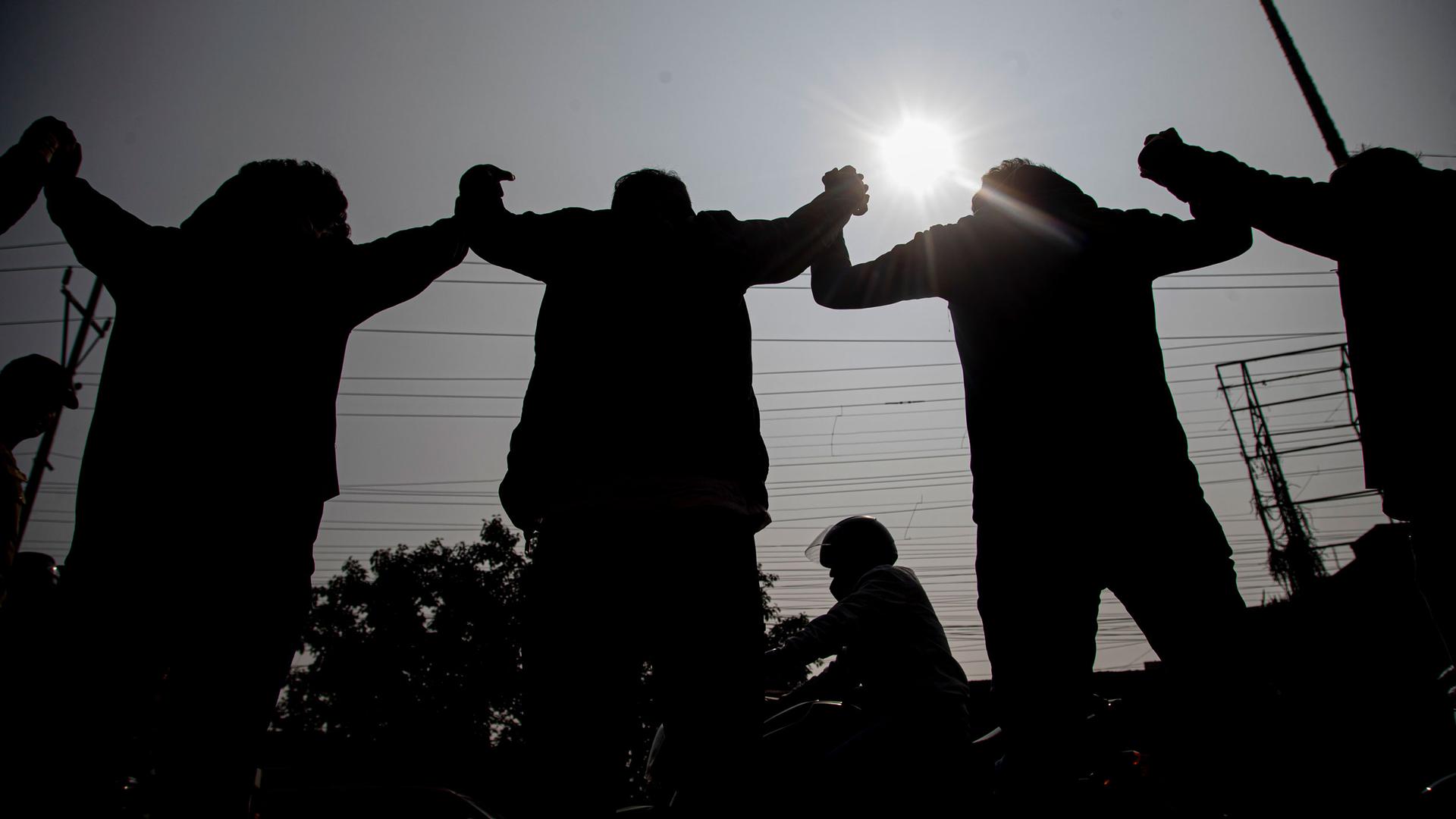This analysis was featured in Critical State, a weekly foreign policy newsletter from Inkstick Media. Subscribe here.
When the British Crown imposed rule on India by force (and through the East India Company), it reordered the subcontinent in many profound ways that persist to this day. The very act of determining citizenship, where the state sets rules to decide who is and isn’t legally allowed to live where they are based on documented claims of residency, can be traced back to colonial rule.
In “Deprivation of Citizenship as Colonial Violence: Deracination and Dispossession in Assam,” authors Rudabeh Shahid and Joe Turner turn to Assam, a northeastern province of India, as a case study for how the categories of citizenship are used to inflict material harm.
To ground their study in the present, the authors open by talking about the Citizenship Amendment Act (CAA), passed in December 2019 by the Indian parliament, which amended the National Register of Citizenship (NRC) in Assam.
“The registry aims to catalog ‘genuine’ inhabitants of the state and effectively purge Assam of so-called illegal migrants,” the authors write. The CAA is a tool to grant citizenship to Hindu, Sikh, Buddhist, Jain, Parsi, and Christian communities. “However, what the CAA effectively did was focus on the dispossession of rights on Muslim communities who were left off the list of protected religions and turned into ‘illegal migrants.’”
When encountered by the British, Assam was full of Indigenously-tended and maintained forests and fields, leading British settlers and colonists to determine that the land was mostly wasteland, and thus ripe for reorganization. “In order to make the land ‘productive,’ the colonial state introduced an extractive model of tea plantations in Assam and a system of forced and waged labor, networking the region into the imperial economy,” the authors write.
This forced and wage labor included locals pressed into service, as well as people from diverse communities brought together in competition by British-driven movements. These categories became enshrined in the laws of British rule and then, following the 1947 partition of British colonies into India and Pakistan, became national identities.
“What we argue is that in acts of deprivation that make ‘citizens’ into ‘migrants’ — or more often ‘illegal migrants’ and stateless subjects — this relies upon the racialized conditions under which it becomes possible and thinkable to deprive someone of their rights,” write the authors. “Attempts to categorize the demographic makeup of the state were focused on delineating those ‘original inhabitants’ from ‘outsiders’ while erasing the economic and historical conditions of colonization and imperialism that created population movements.”
Colonization, partition, war, and now exclusionary rules imposed by the national government all build toward the same purpose. Citizenship is seen not as a right of every person, but as a privilege that can be pulled away from those deemed outsiders or undesirable.
“Because of the colonial logic underpinning citizenship, altered rather than fully transformed by the postcolonial state, certain populations are never recognized within codes of citizenship in the first place. The recent NRC and CAA create hierarchies of belonging and illegality that are already partially rooted in Indian citizenship,” conclude the authors.
Critical State is your weekly fix of foreign policy analysis from the staff at Inkstick Media. Subscribe here.
